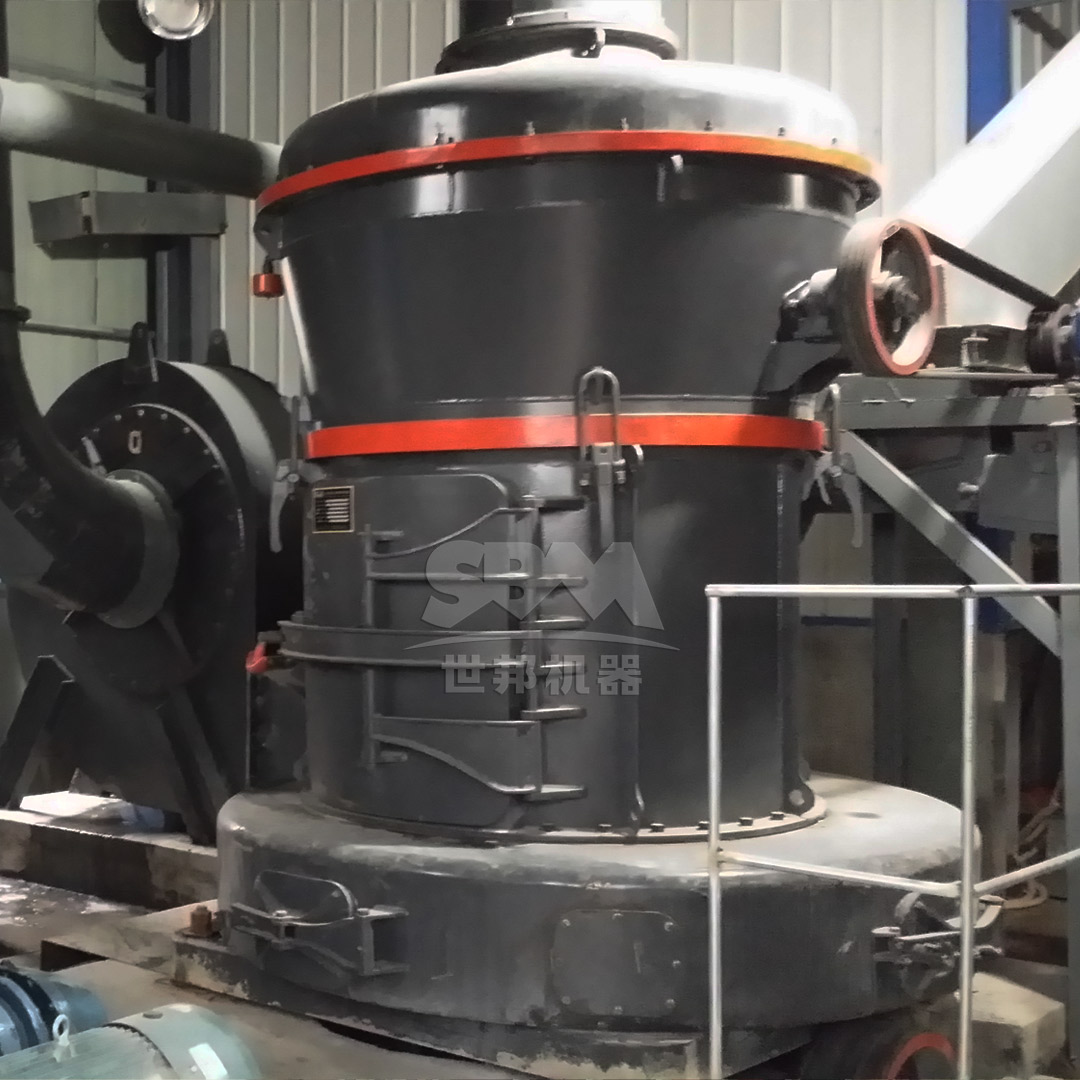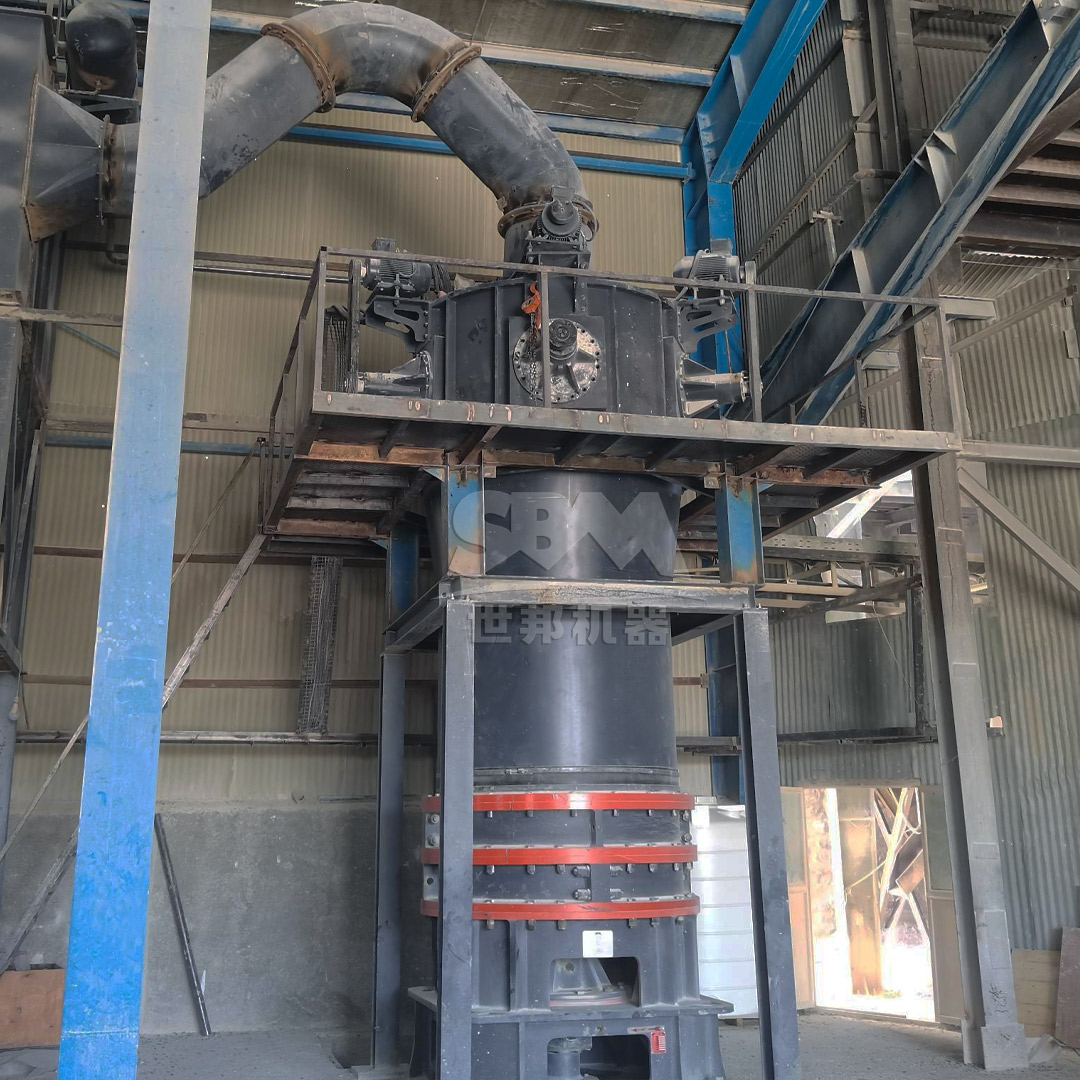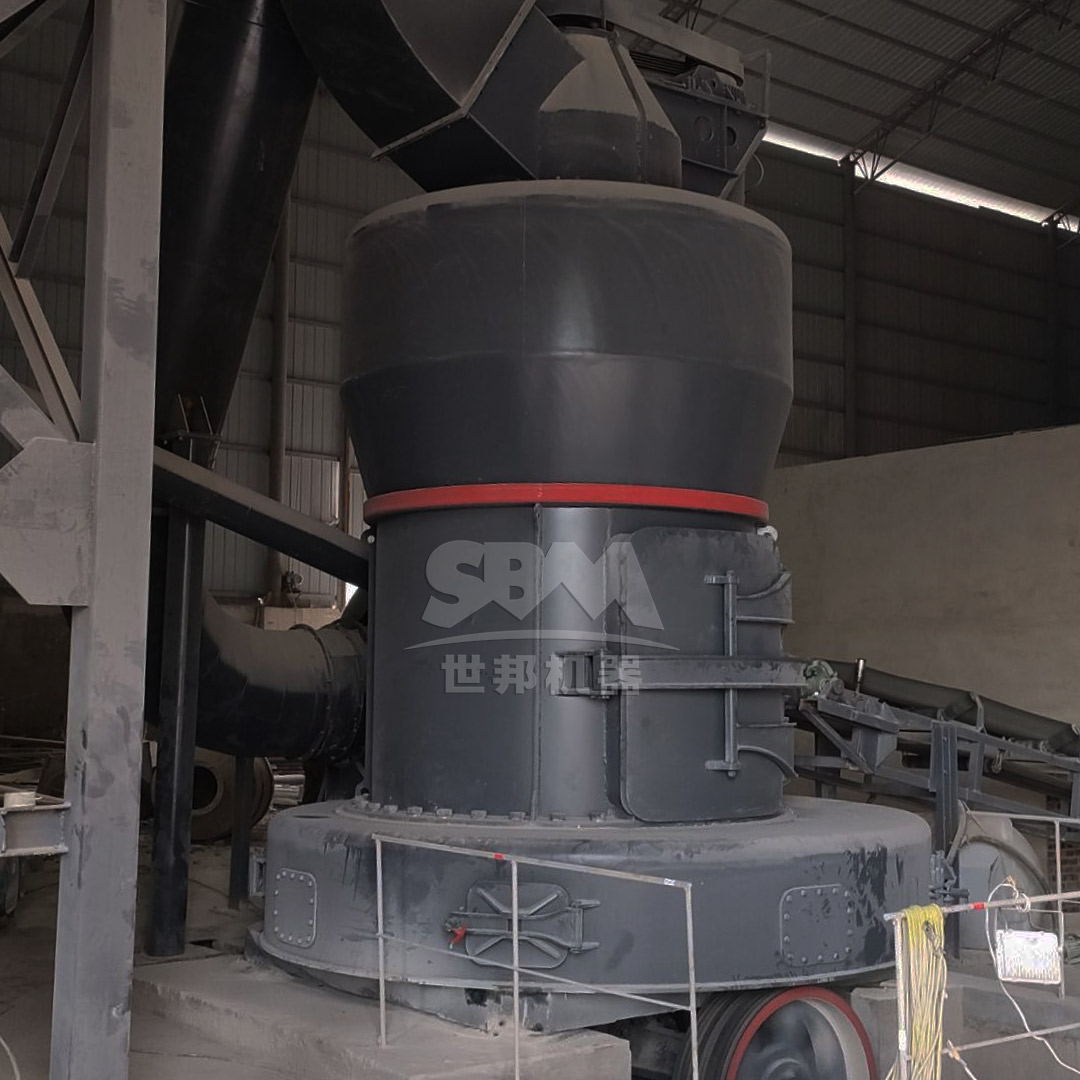The pharmaceutical industry relies heavily on excipients to ensure drug stability, bioavailability, and manufacturability. Among these, calcite (calcium carbonate) stands out as a versatile excipient due to its inertness, biocompatibility, and cost-effectiveness. However, the efficacy of calcite in pharmaceutical formulations is critically dependent on its particle size distribution. Superfine milling technology has emerged as a pivotal solution for achieving the precise particle size reduction required for modern drug delivery systems. This article explores the technical requirements for pharmaceutical-grade calcite and how advanced milling equipment can optimize excipient performance.

In pharmaceutical applications, calcite serves multiple functions including as a diluent, binder, and disintegrant. The particle size directly influences key parameters:
Pharmaceutical regulations typically require calcite particles in the range of 5-45μm for most applications, with specific distributions tailored to formulation needs. The ability to consistently produce calcite within these specifications is paramount for regulatory compliance and product quality.
Milling calcite to pharmaceutical standards presents several technical challenges. The material’s natural hardness (3 on Mohs scale) requires robust milling equipment, while the need for contamination-free processing demands specialized designs. Thermal degradation must be prevented through controlled milling temperatures, and the hygroscopic nature of fine calcite powders necessitates careful moisture management during processing.
| Parameter | Impact on Product Quality | Optimal Range |
|---|---|---|
| Particle Size Distribution | Affects dissolution and flow properties | D90: 5-45μm |
| Contamination Control | Ensures pharmaceutical purity | <0.1% foreign materials |
| Thermal Stability | Prevents chemical degradation | <45°C during milling |
| Moisture Content | Affects powder handling and stability | <2% post-milling |
Modern milling technology has evolved to address the specific needs of pharmaceutical excipient production. Among the available solutions, our SCM Ultrafine Mill represents a breakthrough in calcite processing technology.
Specifically engineered for pharmaceutical applications, the SCM Ultrafine Mill achieves remarkable particle size reduction from ≤20mm input to 325-2500 mesh (D97≤5μm) output, with processing capacities ranging from 0.5 to 25 tons per hour depending on model specifications.

| Model | Processing Capacity (ton/h) | Main Motor Power | Output Fineness | Applications |
|---|---|---|---|---|
| SCM800 | 0.5-4.5 | 75kW | 325-2500 mesh | Small batch APIs |
| SCM900 | 0.8-6.5 | 90kW | 325-2500 mesh | Pilot production |
| SCM1000 | 1.0-8.5 | 132kW | 325-2500 mesh | Medium scale |
| SCM1250 | 2.5-14 | 185kW | 325-2500 mesh | Commercial production |
| SCM1680 | 5.0-25 | 315kW | 325-2500 mesh | Large scale manufacturing |
For applications requiring slightly coarser particles or preliminary size reduction, our MTW Series Trapezium Mill offers an excellent solution. With input sizes up to 50mm and output fineness of 30-325 mesh (down to 0.038mm), this system provides processing capacities from 3 to 45 tons per hour.
Pharmaceutical excipient manufacturing demands rigorous quality control. The SCM Ultrafine Mill incorporates multiple features to ensure compliance with pharmaceutical standards:

A major pharmaceutical manufacturer recently upgraded their calcite milling process with our SCM1000 system. The implementation resulted in:
The evolution of milling technology continues to address emerging pharmaceutical needs. Future developments include:
The optimization of calcite excipients through advanced superfine milling represents a critical advancement in pharmaceutical manufacturing. Our SCM Ultrafine Mill, complemented by the MTW Series Trapezium Mill, provides pharmaceutical companies with the technological capability to produce calcite excipients that meet the most demanding specifications. By achieving precise particle size control, maintaining product purity, and ensuring operational efficiency, these milling solutions support the development of higher quality pharmaceutical products while maintaining compliance with global regulatory standards. As pharmaceutical formulations continue to evolve toward more sophisticated delivery systems, the role of advanced milling technology in excipient preparation will only grow in importance.